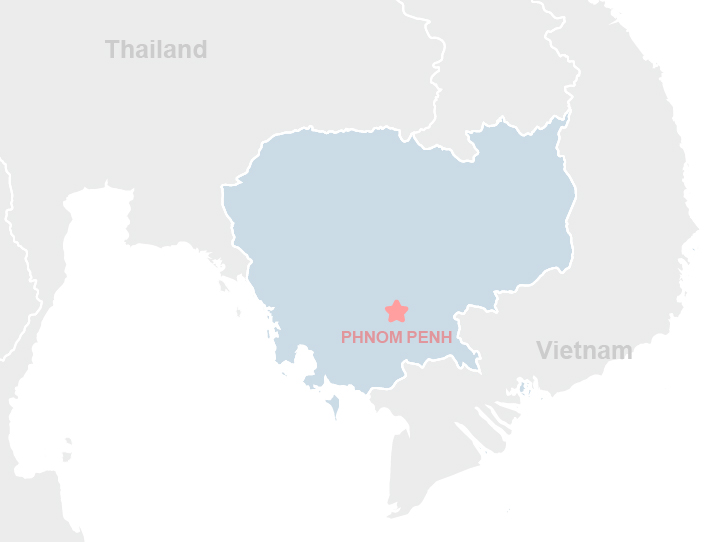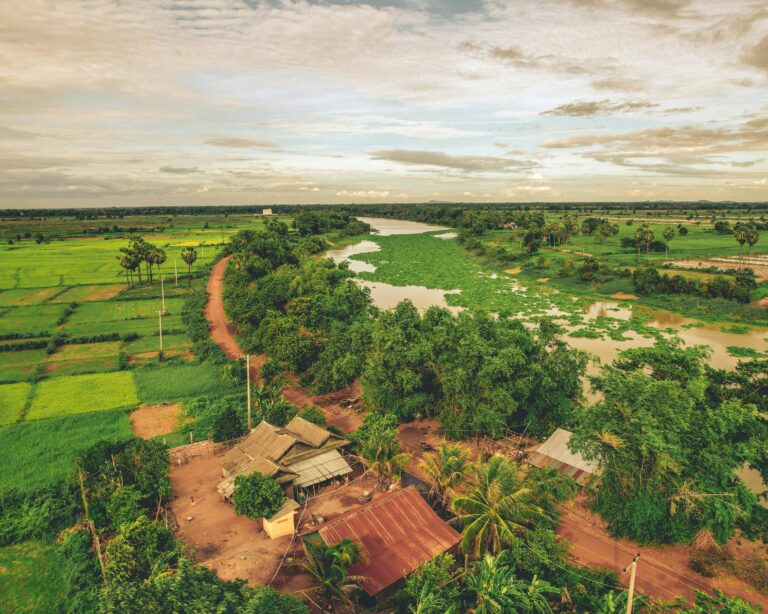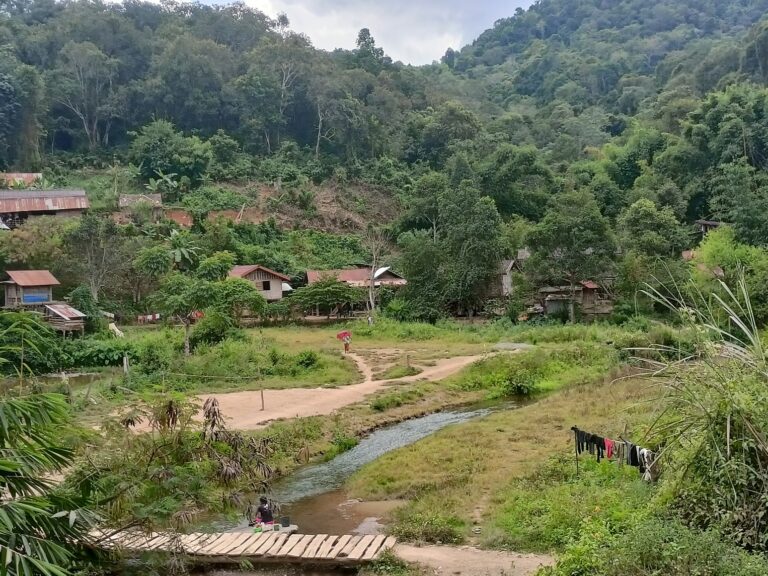Project Description
Following the devastation caused by Typhoon Ketsana in 2009, which severely impacted several Cambodian provinces, a feasibility study was launched to build on the initial Ketsana Emergency Rehabilitation Project. This new initiative focused on improving rural resilience and disaster risk management, with a particular emphasis on the assessment and rehabilitation of rural roads, which are critical lifelines for affected communities. The project was implemented with support from the World Bank and targeted enhanced infrastructure planning and long-term disaster preparedness.
Objectives, Activities and Results
ICEM’s role included conducting strategic investment planning through data collection, flood risk analysis, and participatory community mapping to identify vulnerable road sections. Feasibility assessments were carried out at priority sites, resulting in basic engineering designs and cost estimates for rural road improvements. ICEM also contributed to institutional strengthening by helping draft terms of reference for future work and supporting the development of rural infrastructure standards. All GIS data and findings, including flood risk analysis and road mapping, were integrated into Cambodia’s Ministry of Rural Development (MRD) rural road inventory, ensuring continuity and accessibility for future planning efforts.




